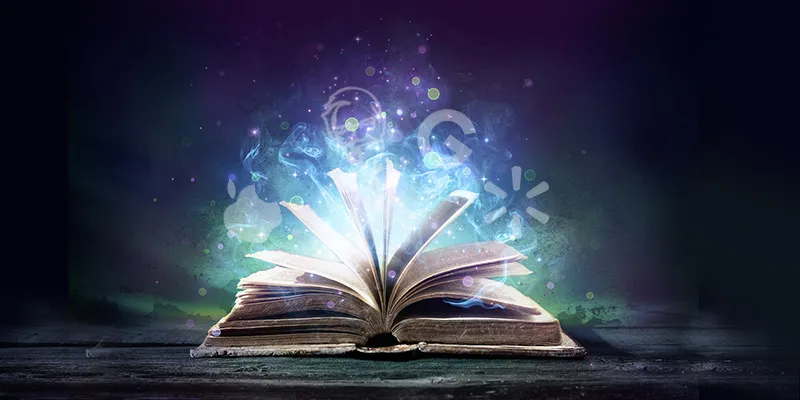Brands are stories
Wrapped with a take away gift and the promise of continuance for long, brands are stories that allure (attract consumer), engross (connect with the consumer), and capture (attain consumer loyalty) over a course of time. Most well-established brands have a back story. As brands grow, they take along with them the ardent listeners.
But what happens when the story itself changes mid-way?
In my experience over the years of fostering brands, I have come across innumerous companies that have sidetracked from the central plot and adopted compelling chronicles that excite the consumers. Some of them have had a global impact such as the Apple reboot when Steve Jobs came back to the helm, or Rupert Murdoch’s ‘tabloid king tales’ to the ‘media mogul tales’.

Basically, getting sidetracked doesn’t necessarily mean losing the plot. In the same hands of capable writers, often the new story is even better. An anecdotal one - the tale of Pepsi changing their colour scheme from red to a combination of blue, red, and white to support America’s war effort in 1941, and that remained so ever since. Nice ‘little aside’ from the larger story around the brand!
As a brand grows in popularity, it starts drawing the charm and magic of other story tellers in the form of brand ambassadors, influencers, works of art, entertainment, philanthropy or the likes, until it swells into something magnanimous and mystical.
A sort of urban legend that erases the fine lines of imagination and transforms from rumours to reality, from fiction to ‘fact’.
Stories to myths
Having grown up on fiction and folklore, I have an inert craving for the culture of stories. Most brands play the underdog card (Google), while others bend on narratives of serendipity (KFC), rags-to-riches (Walmart), or the phoenix rising from the ashes (Apple). These storytelling archetypes have invariably worked with the consumers repeatedly.
Brand story is a valuable marketing asset and most brand managers or advertising practitioners play it to their advantage. From Barbie and Starbucks to Google and Tesla, there is a mythological power that works as a force field. This isn’t restricted to products or brands alone. Power figures like Hitler, Mussolini, James Bond, Steve Jobs, and closer home, Modi, have all indulged in the aura of mystery. However, it isn’t necessarily doctored or crafted. Sometimes, it is just an organic evolution born out of cultural influences, geographical diversity, a reclusive brand or fan boy stories that airs the flame of rumours.
Nevertheless, most often it is scripted inside the cold walls of boardrooms to align the brand with an appealing lore. In the words of Seth Godin, “It can happen accidentally, but it often occurs on purpose. A brand can be deliberately mythological, created to intentionally deliver the benefits of myth.”
The ultimate, for the brand, is when its enigma gets captured in a book, or better still, a feature film. And, no way would you make a movie which isn’t dramatic/entertaining/fun for the viewer.
Marketing does play a big role. For instance, when the movie Blair Witch Project released a teaser about three students disappearing in the woods and their video footage being discovered, it rocked the entertainment world and is one of the biggest myths that continue to be regarded a real story.
Myths to Myth(yas)
Brand biographies have known to pique interests of the audience even above strong product offerings. They work not just on consumers but the employees who are exposed to the brand skin every single day and are its first-hand endorsers. Allowance for a little exaggeration, therefore, isn’t that dreadful, is it?
A peek into history reveals that politicians, religions, institutions, cults, and communities have used it, so why not brands? And the beauty of folklore is the influence of time. Before we know it, facts turn to myths, and myths turn to myth(yas). (Mithya in Sanskrit means something unreal and untrue). In the case of some brand stories, how true!
Some may feel a stitched story kills brand authenticity and is devious and unethical to the consumer. To me, these myth(yas) isn’t being dishonest or deceitful; they are merely stretching the (often boring) truth. On the contrary, letting it grow to a legendary stature, crafted or otherwise, is nothing less than a ‘bumper-boon’ that a brand could ask for.
Pitted against challenges like competition, short attention span and relevance in the market, brands rely on stories that can mitigate these pitfalls. And for every marketer, a good story is one that keeps on growing in scale.
(Disclaimer: The views and opinions expressed in this article are those of the author and do not necessarily reflect the views of YourStory.)







